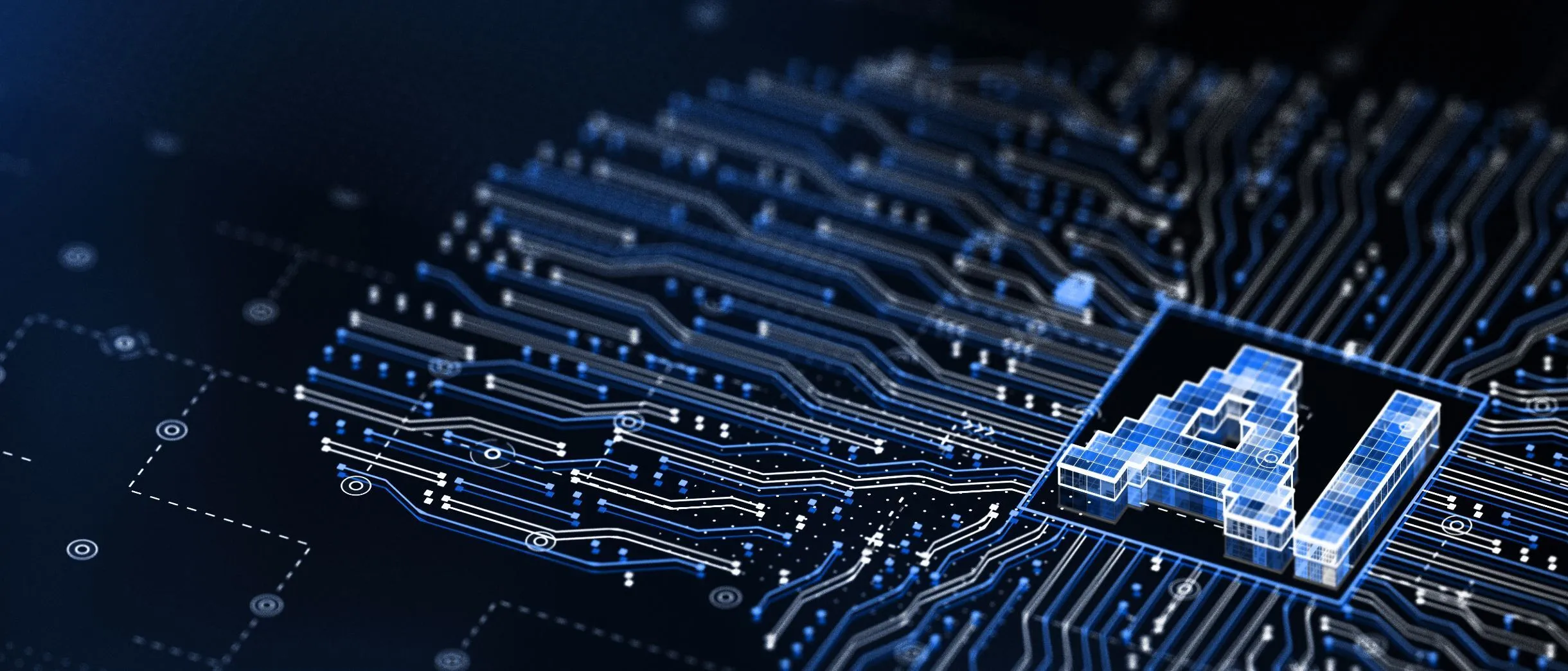Last week, Found attended the European AI & Big Data Expo, in Amsterdam. The conference is a showcase of next-generation technologies and strategies from the world of Artificial Intelligence & Big Data, Cyber Security, Internet of Things and Blockchain. With our Gold-level badges proudly swinging from our necks we explored the practical implementation of AI & Big Data in driving the world forward in 2019 and beyond.
Most of all, it was amazing to see how AI is being applied around the world to solve all kinds of problems. Top of our list was Airbus’ application of AI to monitor the Earth from space and detect signs of natural disasters.
If that sounds a bit too “Age of Ultron”, hot on the agenda was emphasis around Sustainable Development Goals, or SDGs. How will AI change our world over the next decade? Will the augmentation of our Earth be a force for good, driving our society forward? Or will the benefits be realised only by those who have the wealth to wield these technologies?
Concern about the societal implications of artificial intelligence and automation is nothing new. AI can either help achieve these SDGs or keep them out of reach.
Alongside the AI & Big Data Expo were a number of other co-located conferences, including Internet of Things (IoT), which holds special relevance for the future of digital marketing. We’re becoming a sensor-driven world that holds the promise of efficiency in a range of day-to-day activities. On the other hand, the gathering and storage of data from social media profiles through to kitchen appliances raises concerns about privacy – something we should be considerate of in digital marketing.
My personal take away from the conference is that as more of our data becomes available to advertisers there is a responsibility to use it carefully. Marketing is ultimately about helping businesses succeed and all types of business can use AI to impact the SDGs in different ways. How we use digital marketing has a direct line to our future.


